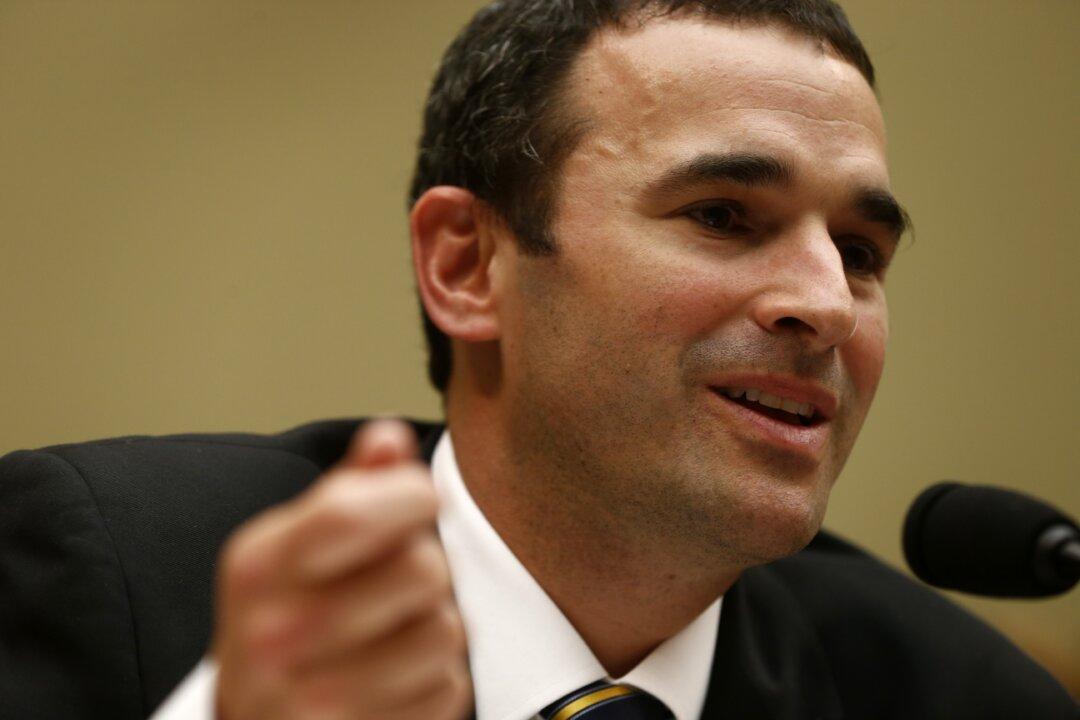Daniel Werfel, President Joe Biden’s nominee to be the next commissioner of the IRS, told members of the U.S. Senate Finance Committee on Feb. 15 that if confirmed he wouldn’t expand tax audits on businesses and households making less than $400,000 per year.
With $80 billion in additional funds as part of the Inflation Reduction Act, Republican and Democratic lawmakers agreed that restoring the credibility of the tax-collecting agency was paramount under Werfel’s potential leadership.





